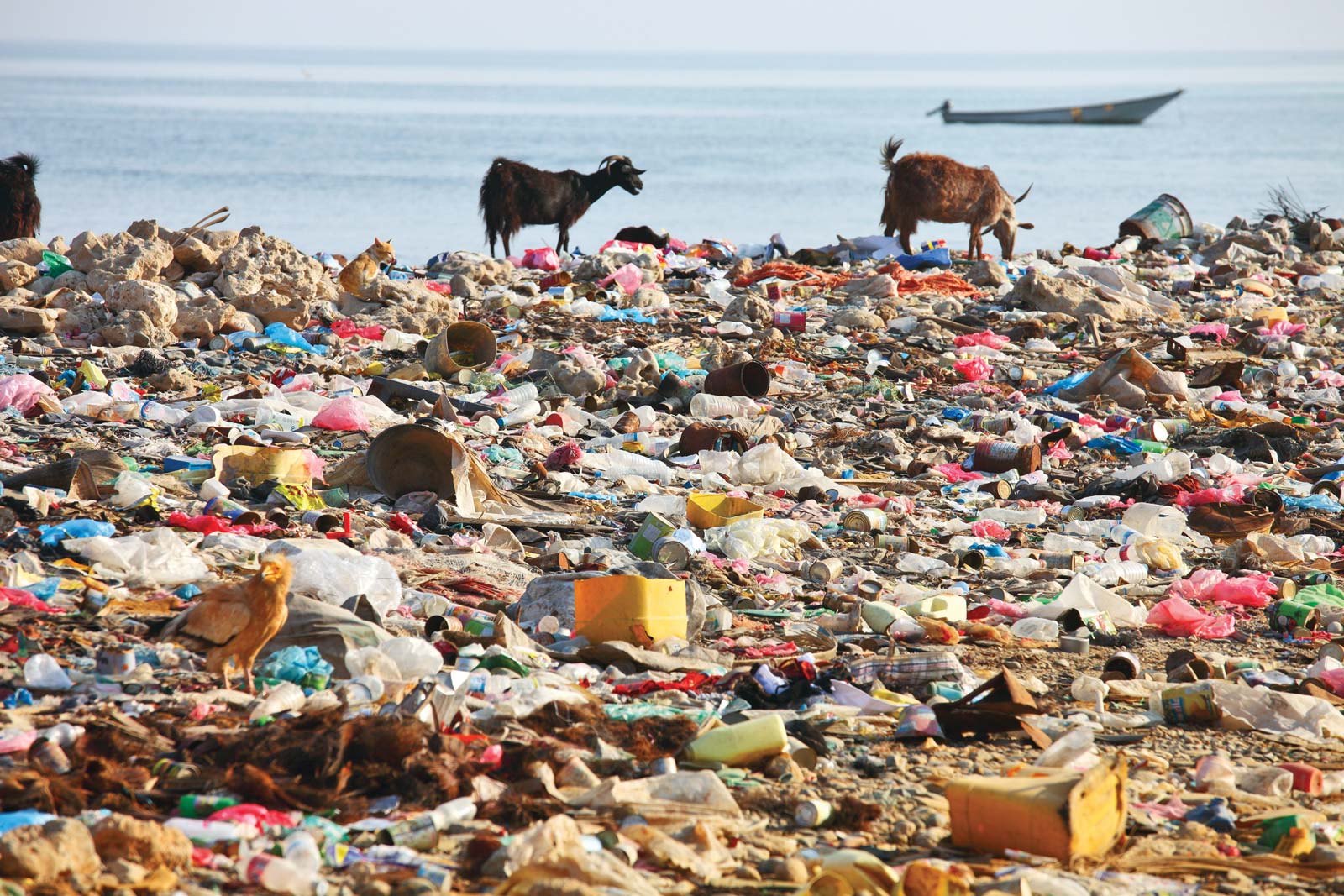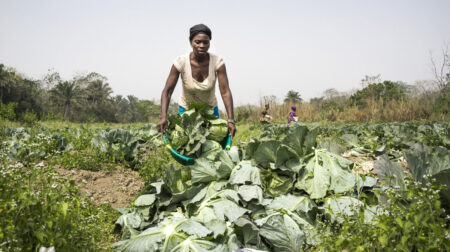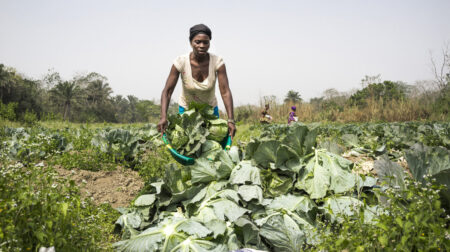Plastic Pandemic Africa:
Did you know, 79 percent of all plastic ever produced ends up in a dump, landfill or some water body and only 9 percent is ever recycled? All across the world plastic packaging is clogging city sewer systems, leading to flooding, polluting water sources leading to contamination and destruction of biodiversity both on land and marine life as well.
Abandoned plastic goods create breeding grounds for mosquitoes, and can leach toxic additives such as styrene and benzene as they decompose.
Various laws are now been passed to help control the use of plastics around the world. For example, in East Africa, an area with a population of 186 million people, a law is passed to ban the manufacture, sale, import and use of certain plastic bags across all its six member states.
Likewise in October 2018 the European Union Parliament approved a ban on a number of single-use plastic items along with a requirement to reduce plastic in food packaging by 25 percent by 2025.
While these commendable legal actions are setting the necessary law backed restrictions meant to reduce the use of plastics, however, other than banning the use of plastics, there is argument for better recycling legislation as the most effective way to reduce the environmental impact of plastics.

Laws to support and enable recycling of plastics are now been considered as the way forward towards a more sustainable solution against plastic pollution. As solutions are sought to rid the world of the plastic menace, one revolutionary option deserves attention.
In a recycle lab, at the University of Talca in Chile, scientists have combined PET plastic, the kind used to make drink bottles with sawdust from pine wood. The resulting material is described as more durable and versatile.
This revolutionary recycle process is applauded as the way forward, a step beyond restrictions and bans or rather, a reinforcement option for the passed laws and restrictions. Where the law is passed and a ban comes into place, it is easier for countries and companies to comply when there are alternatives to the banned products.
Further still, while a ban stops the production of say a certain kind of plastic, it still leaves the problem of what to do with the already produced plastics. Funding and supporting recycle research and innovations is the key.
Dubbed, “Valorization of recyclable waste through the creation of new materials for the manufacture of marketable products,” this revolutionary project would not be possible without the support of the Innovation Fund for Competitiveness (FIC).
A review of some 60 plus national bans and levies against single use plastics shows that at least 30 percent of these legal actions have actually worked.
Conducted by researchers from the United Nations, review of how successful national and regional ban on the manufacture, use and import of single use plastics indicates that the laws have actually resulted in the reduced consumption of plastics.
However, as pointed out, support for recycling, both legal and financial support, stands to seal the goodwill of the legal bans of these products.
Political will to push for the recycle agenda is central in the war against plastics. Scientists and manufacturers point out some disturbing facts that make recycling difficult.
For example, there is the mere huddle of physical characteristics of plastics that make them difficult to recycle short of sophisticated recycle plants that require considerable funding to set up and operate profitably.
Then there is the matter of limited recycling options for single-use plastics. Sector experts estimate that most single use plastics can only be recycled, about 10 times before they can no longer be successfully reprocessed.
As such, there is need for governments to go a step further than only banning their production but to also encourage and support funding for recycle research and setting up of recycle plants at national and regional levels.

This may prove particularly useful in Africa where unemployment levels are high and many countries are seeking to industrialize. Funding recycle plants will mechanize these countries and bring about a transfer of knowledge and skills.
Further still, these plants will in turn create employment opportunity for the growing educated middle class in these countries. Lastly there are the revenue gains for the government through taxes and other related legal fees not to mention the sale of the resulting final products.
Lessons From The Montreal Protocol
Since its inception in 1987, the Montreal Protocol on Substances that Deplete the Ozone Layer has resulted in an almost complete restoration of ozone concentrations in the stratosphere.
When put in place, the treaty brought about a seizure in production and use of chlorofluorocarbons in several products like fridges and spray cans.
In 2016 nations adopted the Kigali Amendment, which will phase out production and use of hydrofluorocarbons, another class of ozone-depleting chemicals.
There are two important points to learn from the Montreal Protocol first of all, the fact that every nation in the world was ‘forced’ to join it meant a global compliance and subsequently the significant reduction in production of chlorofluorocarbons.
Secondly, the treaty did not only ask nations to stop production of chlorofluorocarbons, but the treaty provides for substitute products. Then there is also the fact that, the Protocol provides institutional support that helps countries comply rather than adopting a strong arm approach, enforcing non-compliance punishment.
Notably, the Stockholm Convention on Persistent Organic Pollutants that was signed in 2001 also worked due to its global overarching nature. This ban limited production and use of chemicals that threatened human and environmental health, including several insecticides and industrial chemicals.
Some 182 nations have signed the treaty and even though major producers like the United States have not signed the Convention, but nonetheless, companies in these countries are in compliance with it.
“This shows that setting a global standard may encourage nations to conform in order to maintain access to global markets,” writes Anastasia Telesetsky Professor of International Environmental Law at the University of Idaho.
Further still, as pointed out, the Montreal Protocol also provided for alternatives to the banned items which made it easy for countries and companies to comply. Now, if you were to add recycle research financing to the equation then you would have a more concrete solution to the global plastic pandemic.
https://theexchange.africa/countries/tanzania/learning-dharavi-slum-1bn-annual-turn/










